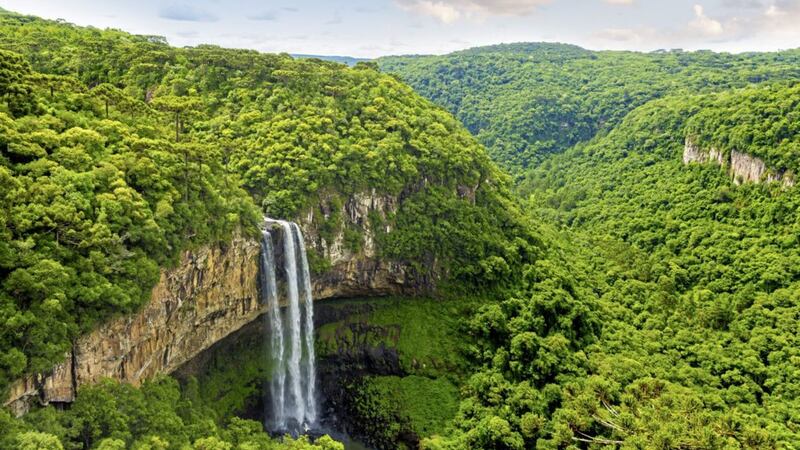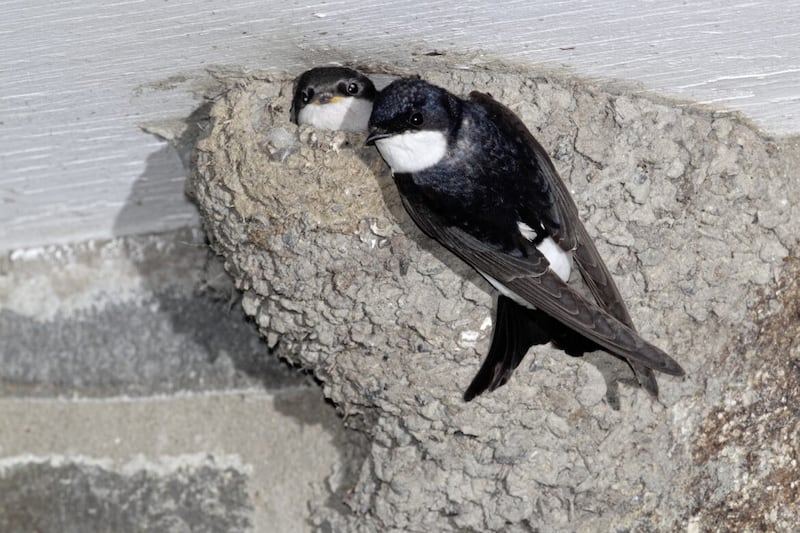READING the comments on a news story last week brought home one of the core problems faced by environmentalists who are highlighting climate change – I couldn't care less.
The story reported that the five places with the biggest remaining tracts of wilderness with close to natural levels of abundance were in Australia, Brazil, Canada, Russia and the US. Four of those countries have leaders who have shown absolute contempt for environmental concerns.
Canadian premier Justin Trudeau is the only leader who has made fighting climate change a priority for his government and even he is facing opposition with some regional provinces refusing to introduce a carbon tax.
Brazil’s new hard-right president Jair Bolsonaro has promised to open up the country’s rainforests for economic exploitation and Vladimir Putin’s Russian government last week blocked moves to create a huge marine reserve in the Antarctic Weddell Sea to protect vulnerable species.
The Australian government has refused to phase out coal-fuelled energy, as recommended by an intergovernmental panel. And as for the present US administration’s policies on climate change, well let’s not even go there.
Although not particularly surprised by it, the comment by one reader on the threat of destruction to these remaining ecosystems that struck me most was along the lines of: I would gladly run the engine of my diesel car all day in the driveway simply to annoy whinging environmentalist snowflakes. Bring it on.
That's not even pretending to be coherent. It's just plain, blind machismo.
There are people who will try to argue that climate change is not happening – including the leaders of the nations responsible for most of the world’s carbon emissions. When challenged about his environmental policies in the face of numerous reports that climate change is the result to human activity, US president Donald Trump said: "We have scientists that disagree."
Maybe so, but the vast majority, 97 per cent, of peer reviewed papers by climate scientists, many of them from the US, are adamant that humans are the cause of increasing temperatures on the planet.
And it is not just global warming that we are responsible for. Another report last week found that since 1970 homo sapiens have annihilated 60 per cent of our fellow inhabitants on this planet – mammals, birds, fish and reptiles.
But evidence and facts seem to wash over many and they brush them aside as the meanderings of a bunch of hippies wringing their hands over something that we have no control over.
Broadcaster David Attenborough, to the dismay of many, while not disagreeing with the gloomy global prognosis, suggested that the constant flow of stories highlighting the issues of climate change has become a turn-off.
It’s a bit like telling a long-term smoker to give up or they are going to develop a life-threatening illness. Deep down they know that but don’t want to be reminded and so will react angrily and deny that there is a problem.
That does not mean that we should stop talking about climate change and presenting evidence of the impact that it is having on the planet and on human beings as well as other species and it does not mean that we can’t get a global consensus to do something about it.
Thirty years ago the hole in the ozone layer, which protects the Earth from ultraviolet light, was the big environmental story, with scientists warning of catastrophic consequences for the planet unless action was taken.
A global consensus brought about the elimination of harmful gases found in fridges and aerosol cans that were eroding the ozone and the effect has been that the atmosphere has recovered, with the ozone layer predicted to be fully restored by 2060.
Climate change presents huge challenges but they are not insurmountable.








